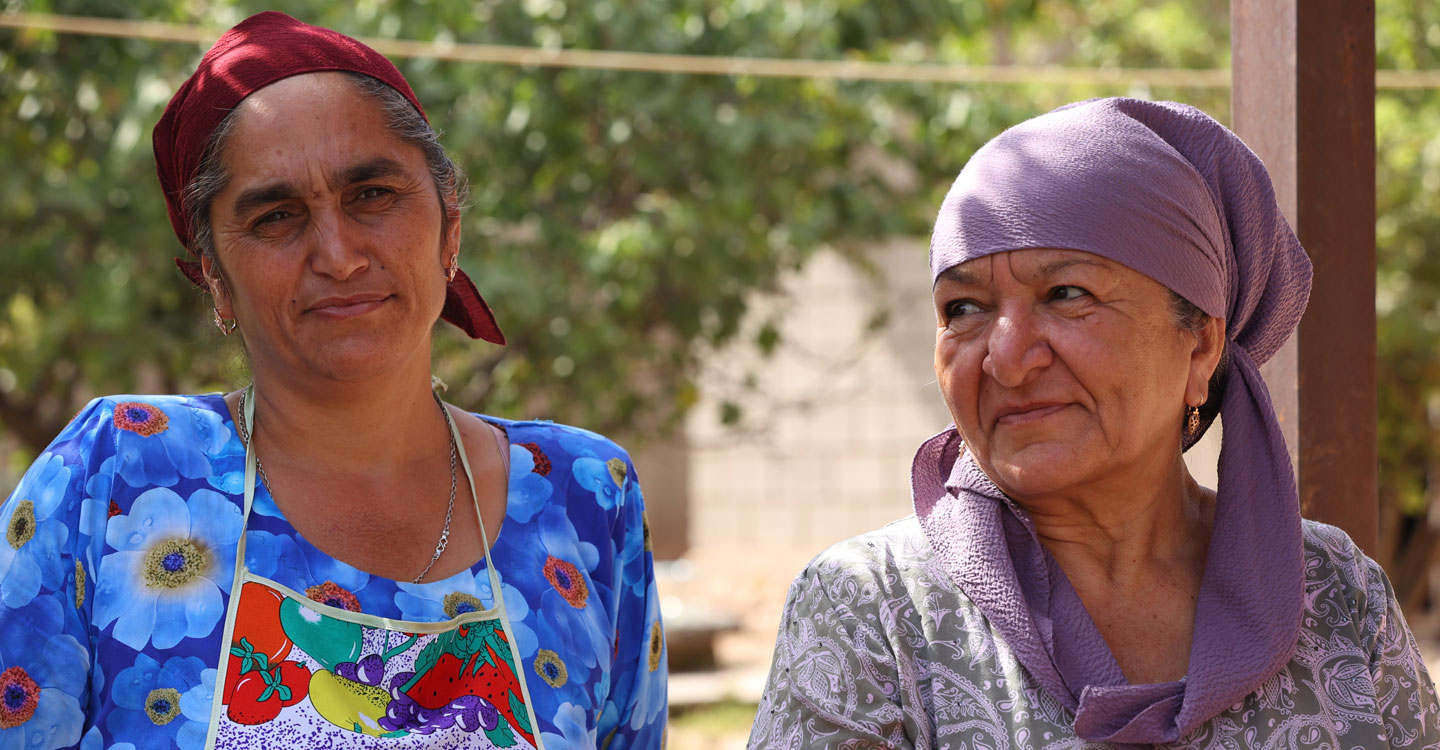EU and IFAD launch new initiative to strengthen financial inclusion by boosting digital remittances in Central Asia
IFAD Asset Request Portlet
Publicador de contenidos
EU and IFAD launch new initiative to strengthen financial inclusion by boosting digital remittances in Central Asia
05 marzo 2024
|
|
Bishkek/Rome, 5 March 2024 - Today, in partnership with the European Union (EU), the International Fund for Agricultural Development (IFAD) launched the Platform for Remittances, Investment and Migrants’ Entrepreneurship (PRIME) Central Asia Initiative in Kazakhstan, the Kyrgyz Republic, Tajikistan, and Uzbekistan, to maximize the socio-economic impact of remittances, the hard-earned money sent home by migrant workers.
"Remittances hold an enormous potential to boost local economies, particularly in rural areas. With the PRIME Central Asia Initiative, we support rural households and migrant returnees, contributing to local economic opportunities and sustainable development," said Marilyn Josefson, Ambassador of the European Union to the Kyrgyz Republic.
"Over 50% of remittances reach rural households, where they are crucial for improving their livelihoods and ability to withstand and absorb any sort of economic or extreme weather shocks,” said Pedro de Vasconcelos, Manager of the Financing Facility for Remittances at IFAD.
Over 1 billion people worldwide send or receive international remittances. In 2023 alone, a staggering US$669 billion was sent home by migrant workers from low and middle-income countries, surpassing the GDP of all low-income countries combined in 2022 (US$528 billion according to World Bank data). The global remittances flow is a key driver to reach the Sustainable Development Goals (SDGs).
“In these times of economic instability and uncertainty, the need for harnessing the full potential of remittances becomes more pressing than ever. Linking these massive flows to formal financial services can significantly influence the social and economic progress of vulnerable rural communities,” added de Vasconcelos.
PRIME Central Asia
Remittances play a vital role in the region’s economy, being a major source of household income, often larger than any other income source in rural areas coming from labour or social benefits. The PRIME Central Asia Initiative, with a budget of €6 million allocated for 2024-2027, will unlock existing opportunities and create new ones for future generations, especially women and youth.
Building on the success of its sister initiative PRIME AFRICA, also co-funded by the EU and implemented by IFAD, the new platform in Central Asia will increase access to remittances through digital methods, as well as enhance income-generating activities for migrant returnees, particularly in rural areas.
The Kyrgyz Republic, Tajikistan, Uzbekistan are all heavily dependent on remittances. In 2023, migrants from these three countries sent more than US$24 billion in remittances back home, of which a significant part is sent from Kazakhstan; remittances represented a large portion of their GDP (Kyrgyz Republic, 20.5%; Tajikistan, 48.2%; Uzbekistan, 17.8%), according to World Bank data.
To strengthen the remittance ecosystem across the region, PRIME will work to gather data and fill data gaps around remittance flows. This knowledge will fuel innovative business models for digital remittances, as well as using fintech solutions to support the economic integration of remittance families and migrant returnees in rural areas. Through partnerships with the private sector, the initiative will extend financial services to remote areas lacking access.
PRIME Central Asia will also facilitate dialogue and collaboration between policymakers, industry players, and key stakeholders to strengthen national regulatory frameworks, address challenges, and build synergies for impactful interventions.
Press release No.: IFAD/14/2024
IFAD is an international financial institution and a United Nations specialized agency. Based in Rome – the United Nations food and agriculture hub – IFAD invests in rural people, empowering them to reduce poverty, increase food security, improve nutrition and strengthen resilience. Since 1978, we have provided more than US$24 billion in grants and low-interest loans to fund projects in developing countries.
A wide range of photographs and broadcast-quality video content of IFAD’s work in rural communities are available for download from our Image Bank.
